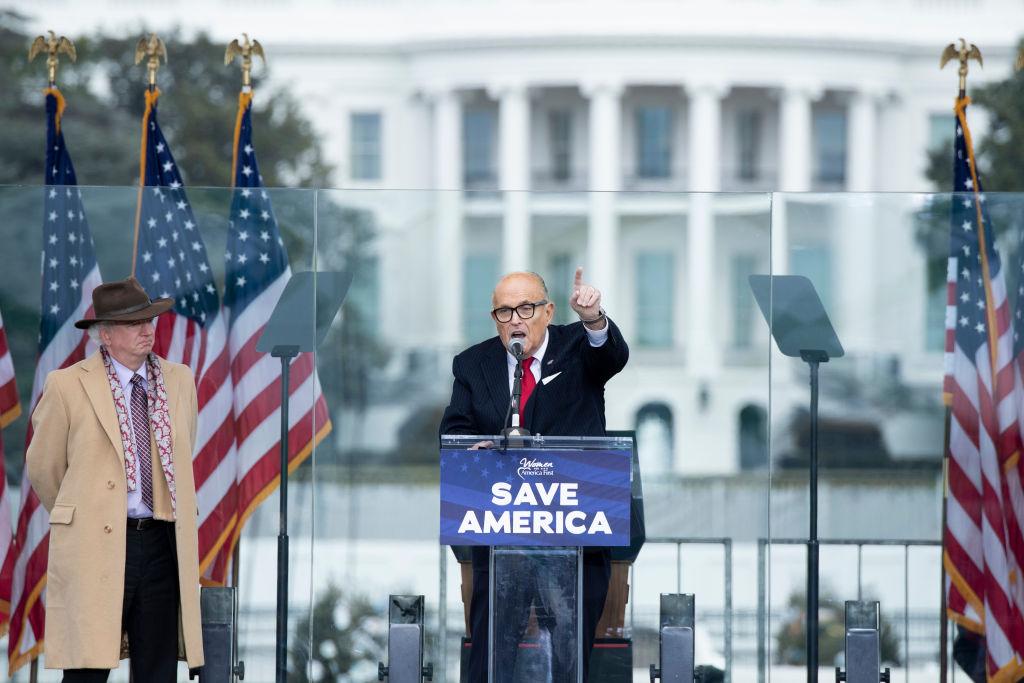SANTA ANA, Calif.—A federal judge on March 28 ordered former Chapman University law professor John Eastman to turn over 101 emails requested by a House committee investigating the Jan. 6 Capitol breach.
In a 44-page ruling, U.S. District Judge David O. Carter claimed former President Donald Trump “more likely than not'' attempted to illegally block Congress from certifying the results of the 2020 election, and said he likely conspired with the ex-Chapman professor to do it.





